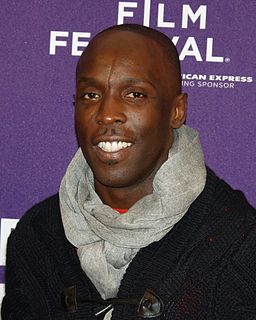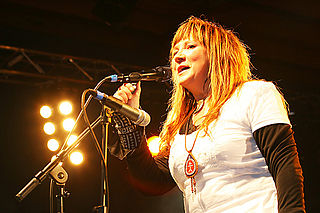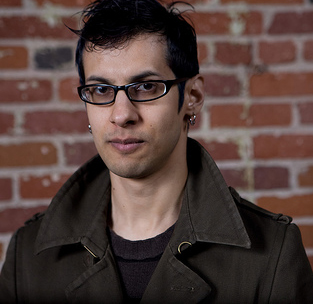A Quote by Kalidou Koulibaly
I had the French culture at school and I love this culture but I also had another culture at home - that of Senegal. I think this way of growing up has made me the person I am today - because I had the two cultures.
Related Quotes
My childhood was pretty colorful; I like to use the word turbulent. But it was a great time to grow up, the '70s and '80s in Brooklyn, East Flatbush. It was culturally diverse: You had Italian culture, American culture, the Caribbean West Indian culture, the Hasidic Jewish culture. Everything was kind of like right there in your face. A lot of violence, you know, especially toward the '80s the neighborhood got really violent, but it made me who I am, it made me strong.
I think I realised, at teachers' training school, that I felt that the culture that I came from, the Sámi culture, was not good enough, so I wanted to be Norwegian or European, I wanted to forget the culture. And then this music started to... in a way I had to ask myself "why is this, and what does all this come from?
My interest in culture generally is a comparative one, and I think that's where the word joy, I think, can be applicable. There's joy in actually seeing the relatedness, the connectedness of different cultures or recognising, for instance, your own culture in another or another culture in your own culture and feeling an air to all of them.
Many teachers of the Sixties generation said "We will steal your children", and they did. A significant part of America has converted to the ideas of the 1960s - hedonism, self-indulgence and consumerism. For half of all Americans today, the Woodstock culture of the Sixties is the culture they grew up with - their traditional culture. For them, Judeo-Christian culture is outside the mainstream now. The counter-culture has become the dominant culture, and the former culture a dissident culture - something that is far out, and 'extreme'.
When I went to Egypt right after 9/11 I was very upset. I used to live in Egypt. I had a lot of friends there. I spent two years teaching there. I had very fond feelings for that part of the world, and the fact that a culture I liked so much had attacked my own culture was really very upsetting to me.
The foreign audiences are somewhat surprised and happy to find an American film that asks questions about American culture. There's a certain kind of cultural imperialism that we practice. Our films penetrate every market in the world. I have seen and have had people reflect to me, maybe not in so many words or specifically, but I get the subtext of it - they're somewhat charmed and surprised and happy to see an American film reflect on our culture. Because they see other cultures reflect on our culture but they don't see US culture reflecting on itself in quite the same way.
London is the most multicultural, mixed race place on Earth. And I love that. I grew up in a neighborhood in London where English wasn't necessarily the first language - maybe because of that, I love to travel. Every penny I've ever saved has been spent on airline tickets to different corners of the world. I think that's partly from growing up in London. I've taken that bit with me - this ability to fit in with any culture and be fascinated and respectful with any culture all started from growing up in London.






































